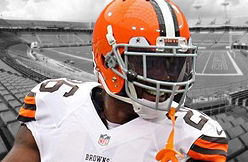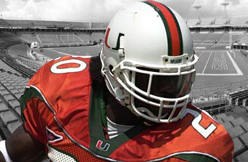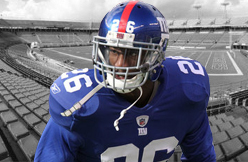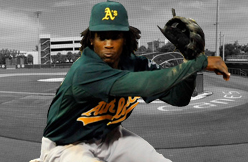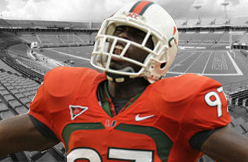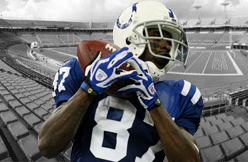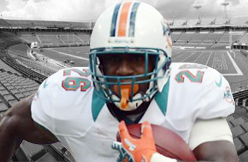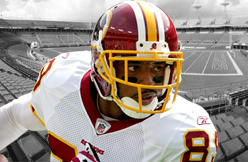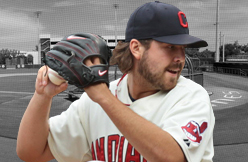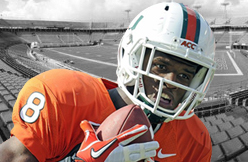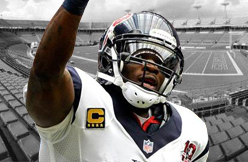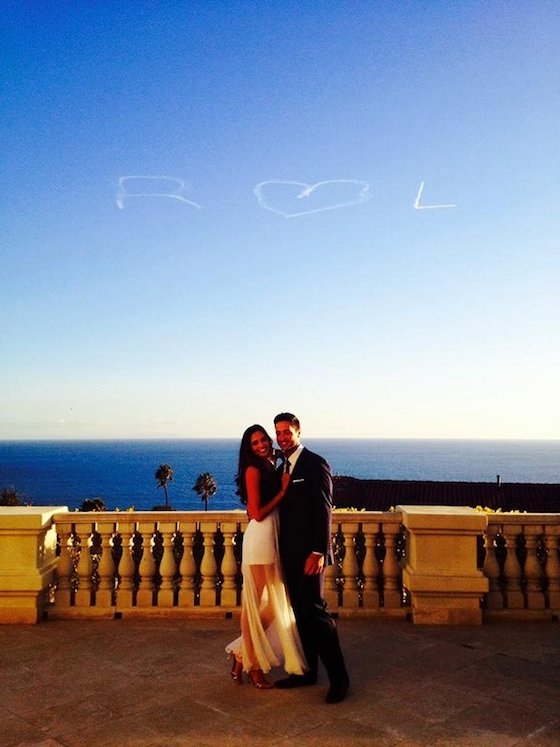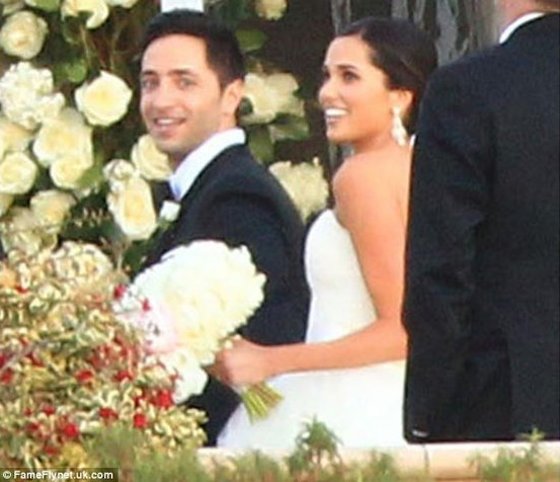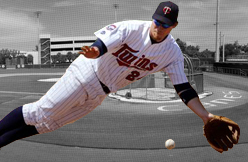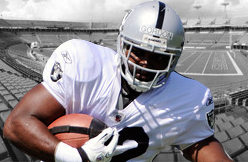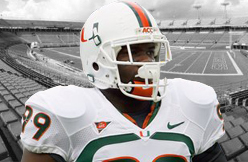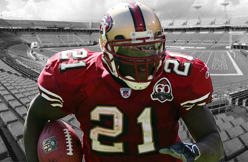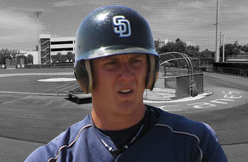The Biogenesis fiasco that created an enormous black cloud over Major League Baseball in 2013 has all but blown over, except for the soap opera that continues to swirl around Alex Rodriguez. But I know a lot of fans who are upset with the huge contracts thrown at these “cheaters” after they served their time.
As we all know by now, the St. Louis Cardinals needed a shortstop and Jhonny Peralta was available, cashing in on a four-year, $52 million deal. Nelson Cruz is likely to get an even better package because he hits long home runs. Both Dominicans are veterans with strong work ethics. So, only God knows why they would be tempted to experiment with PEDs, unless this was an ongoing habit over several years. Certainly, the former ACES clients had an in-house connection that gave them access to whatever they needed. And it has been documented that the vast majority of players who were busted had ties to that agency.
I mentioned before that all the condemned players besides Ryan Braun were Latinos, and many of these guys believed certain banned substances sped up the healing process after injury. Many are insecure about their careers and worry about getting released and sent home. A case in point was that of Francisco Cervelli of the New York Yankees, the catcher who is in line to back up newly acquired Brian McCann next season. Over the last three years, the energetic Venezuelan has played only 63 games for the Bronx Bombers, spending most of his time in the minor leagues or on the DL shelf. During that period of time, Cervelli has suffered a broken foot, numerous concussions, a fractured right hand and an elbow issue.
“I’ve felt many times in my career that I was going to lose my job,” admits the 27-year-old receiver, who says he was looking for a “quick fix” when he visited Tony Bosch’s clinic.
Nicaragua’s Everth Cabrera, the shortstop and lead-off hitter for the San Diego Padres, has a similar story to tell. Frustrated with nagging injuries, Cabrera tinkered with remedies Bosch had sent him. Later, he tearfully told teammates in English and Spanish that he had made a mistake.
But mystery still surrounds Yasmani Grandal, another Padres player who teased fans with his ability in 2012, only to fail a urine test for excessive levels of testosterone. He was suspended on November 7, 2012, and sat out the opening 50 games last season. At age 23, the Cuban-American became the youngest major league player ever nailed for PED use. Ironically, Yasmani Grandal was one of the hottest hitters in the National League the summer of his rookie year, only to be sidelined on July 31 with an oblique strain.
I bring up Grandal because he’s a Latino player who falls into that “gray area” of PED use. I saw the kid play on numerous occasions as a collegiate star at the University of Miami, and marveled at his leadership skills and how he had a rare “feel” for the game. Not surprisingly, Grandal was the 12th overall pick in the 2010 amateur draft by the Cincinnati Reds and inked a major league contract with a signing bonus of nearly $3 million. That would make him secure for life with no worries about his future. And the injury that kept him sidelined for about three weeks was nothing to fret about either, although oblique problems can become menacing. Since his suspension, however, Grandal has been hit with a serious case of bad karma.
Before spring training began last season, Grandal apologized to his Padres peers in a closed-door meeting that seemed to clear the air. His friend, Yonder Alonso, San Diego’s promising first baseman and a former “U” alum, seemed satisfied.
“It’s hard right now, but I know he’ll get through this and eventually clear his name,” said Alonso, who like Grandal moved to Miami from Cuba as a child.
Nick Hundley, the Padres veteran catcher who previously lost his job to Grandal, didn’t seem impressed when he spoke to the media.
“You want to talk about a guy who is unproven and had a couple of good months on steroids, (then) go ahead,” Hundley snapped at the local press.
Indeed, Yasmani Grandal did not live up to his previous hype last season, neither at the plate or behind it. Coming off a short minor league stint following his suspension, the switch-hitting phenom failed to find his stroke and had trouble throwing out runners on the base paths. Then on July 26, just when he was coming out of his funk, Grandal sustained a season-ending injury to his right knee blocking the dish in a collision with Anthony Rendon of the Washington Nationals. The result was ACL reconstructive surgery and a long period of recovery. Yasmani, to his credit, has accepted all the misfortune and remains cocky and confident that he will be ready next spring.
If Grandal is good to go as promised, it presents an interesting situation for Padres GM Josh Byrnes going into the winter meetings. I wonder how it will affect the San Diego clubhouse if Hundley again takes a back seat to Grandal and two begin to get chirpy. The 30-year-old Hundley has underperformed during a handsome contract that will end after next season, although there is an option open for 2015. On the other hand, there are those secretly wonder how long Grandal has been juicing during his career, and if he is really the player everyone expected. Padres manager Buddy Black has tried to dismiss those notions.
“Yazey has played at a high level for a long time,” notes Black. “We are confident he will continue to do so.”
It should be mentioned, though, the Padres have a home-grown catcher, Austin Hedges, who will likely be varsity-ready by 2015, which means either Grandal or Hundley will eventually have to clean out his locker. The outcome would seem to favor the younger Grandal, who is under team control through 2018. And moving Hundley and his salary of $4 million would give Byrnes more wiggle room to trade for a more useful player who could drive in runs.
The bottom line is how much do the Padres believe in Yasmani Grandal? The subject remains open for debate.

(throughthefencebaseball.com)



